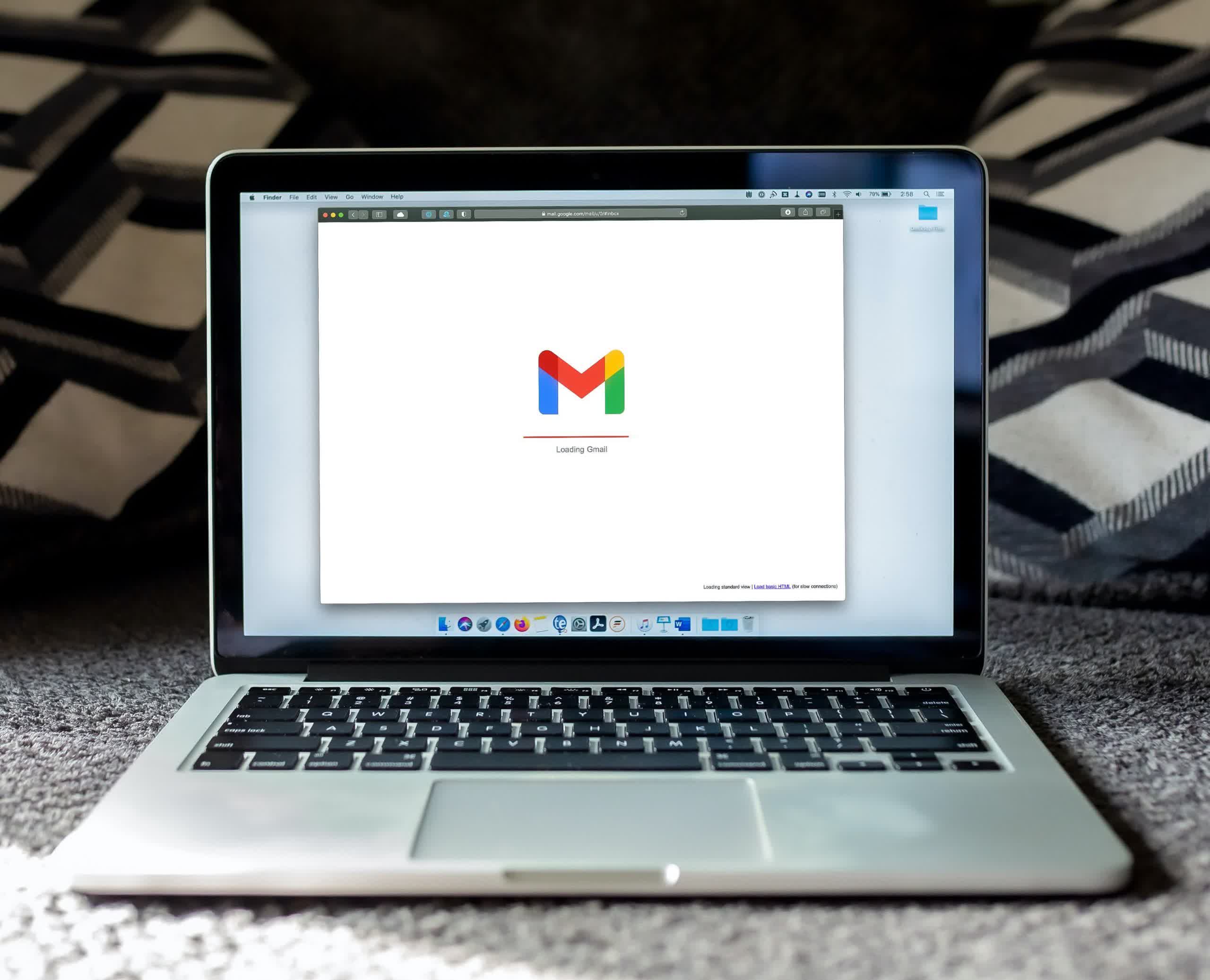In a nutshell: Chromebooks aren't for everyone. Their limited functionality makes them less than ideal for use as daily drivers. However, for those with an old out-of-service low-end laptop or PC, Google's stable version of ChromeOS Flex might be the answer to putting that hardware back to work, even for enterprise users.

On Thursday, Google announced that it has moved ChromeOS Flex from "early access" to "general availability." Flex is a fork of the Chromebook operating system that is compatible with most hardware. Google has certified nearly 400 devices that can run Flex without issues, including various Apple models.
Google announced ChromeOS Flex in February, noting that the lightweight operating system could breathe life back into old hardware. It could be an ideal solution for reusing an old end-of-life Vista or Windows 7 laptop. Google guarantees Flex support until 2028 on most compatible devices, with only a handful reaching the end of support in 2022 or 2023.
Director of Product, Enterprise, and Education Thomas Riedl said that developers resolved over 600 reported issues during the early access period, which started February 15, 2022. It is now stable enough for the general public.
Riedl claims that ChromeOS Flex also has potential for enterprise use. Recently, Nordic Choice Hotels fell victim to a ransomware attack and was able to restore functionality to at least 2,000 computers in 48 hours utilizing Flex.
"It was so easy to deploy," said Kari Anna Fiskvik, VP of Technology, Nordic Choice. "We provided a one-page guide along with a ChromeOS Flex USB to employees and they were able to convert 2,000 computers in 48 hours across 200 hotels in 5 countries. All with minimal help from IT."
Riedl encourages users to try it on anything that meets the minimum requirements, even if the system is not one of the 400 devices Google certified. While Flex does run best when installed, users can test drive it from a USB thumb drive. If they encounter no issues, it will safely run when installed natively.
Be aware that there are some components that ChromeOS Flex either can't handle or Google has not tested it with, including fingerprint readers, optical drivers, IR webcams, proprietary connectors, stylus input, and Thunderbolt functionality. It may also present issues with some operations, even on certified models, like Bluetooth, touchscreens, screen rotation, function keys, keyboard shortcuts, and SD card readers.
https://www.techspot.com/news/95305-you-can-now-turn-old-mac-or-pc.html